Will new US administration change its policy towards Syrian Kurds?
Reports 10:44 AM - 2021-01-11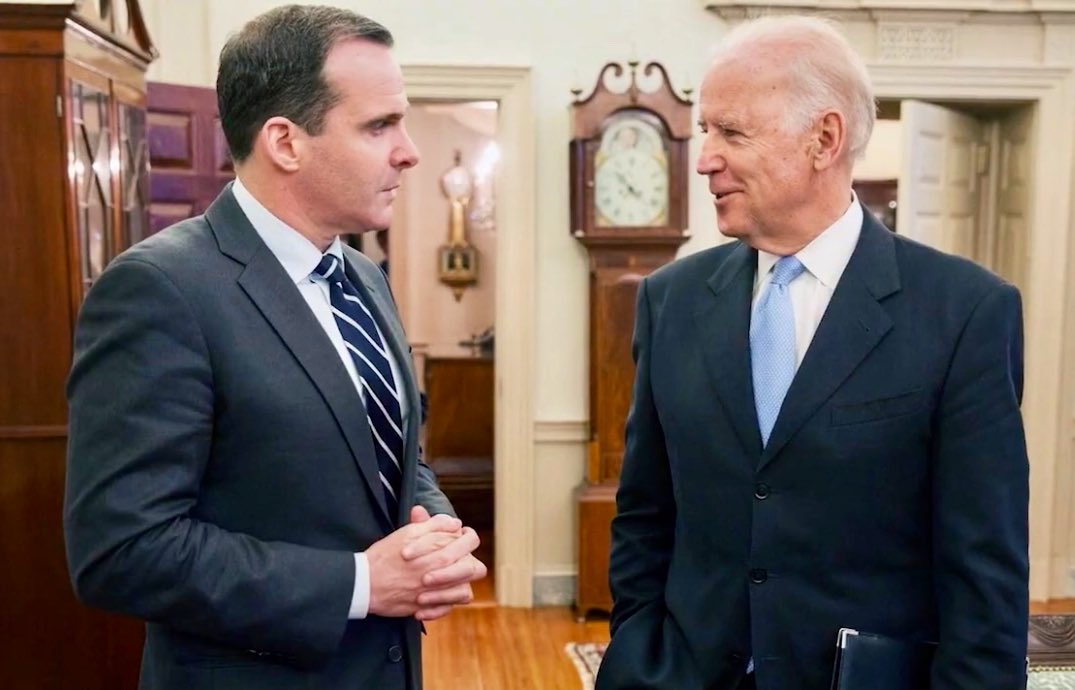
.
Joe Biden, the most pro-Kurdish U.S. politician, had won during last years election in the U.S. and one of the primary things he did was announcing the appointment of Brett Mcgurk, former US representative in the Global Coalition against ISIS, as Middle East coordinator on the National Security Council.
US Diplomat Brett Mcgurk is well known to Kurdish political forces in Kurdistan especially in south (Kurdistan Region) and west Kurdistan ( northeastern Syria) and met with many Kurdish official including the PUK's co-leaders, Mr. Qubad Talabani, Deputy Prime Minister of the KRG and many more.
In 2015, former US President Barak Obama appointed him as US representative in the Global Coalition against ISIS terrorist organization. Since then he has made many visits to the south and west Kurdistan and has great relations with the political forces and and is closely aware of the Kurdish cause.
US President-elect Joe Biden nominated Brett McGurk, who is an outspoken advocate of American military presence in Syria and staunch detractor of the Turkish government, as Middle East coordinator on the National Security Council.
McGurk, a veteran of the national security establishment who served in various capacities under successive Democratic and Republican administrations, has been clearly outspoken against the Turkish government, especially since leaving his post and has frequently criticized the Turkish government over its role in Syria and broader regional policies.
He quit his role as the US envoy to the international coalition to combat the ISIS terrorist group late in 2018 over President Donald Trump's decision to withdraw American troops from Kurdish dominated regions of northern Syria, which the world saw as giving Turkey the green light to carry its offensive against the region in October 2019.
Biden formally announced McGurk's appointment on Friday along with the nomination of other national security officials and Cabinet members.
He has always had role in strengthening the partnership between US forces and the Kurdish Syrian Democratic Forces (SDF), which is led by the YPG whom Turkey claims is linked with the Turkey-based PKK.
Both Washington and Ankara consider the PKK, which has been engaged in a military campaign against the Turkish government for decades, to be a terrorist group.
The PKK is a Kurdish insurgency and political organization based in the Kurdish regions of Turkey. Since 1984, the PKK has been involved in the Kurdish–Turkish conflict seeking autonomy and greater political and cultural rights for Kurds in Turkey.
Turkey for its part expressed anger at Mcgurk's appointment. Turkish Radio and Television Corporation (TRT) expressed on Friday its resentment against president-elected Joe Biden minutes after he officially tapped Brett McGurk as National Security Advisor on Middle East and North Africa.
TRT reported “McGurk was a key player in erosion US influence with its allies and a rash of terrorism the likes of which the modern world has never experienced, and it now seems like he is back to finish the job.”
Late in 2019, McGurk suggested that Turkish President Recep Tayyip Erdogan may have been harboring ISIS leader Abu Bakr al-Baghdadi, who was killed in a US raid weeks earlier.
The newly appointed Biden official said in a series of tweets at the time that Trump should ask Erdogan: "How exactly was Baghdadi living in a safe house with well-prepared tunnels less than 5km from your border?"
US President Trump had thanked Turkey, among other nations, after the US operation that killed Baghdadi in October 2019.
US-Turkish relations
When the UAE normalized relations with Israel earlier this year, McGurk welcomed the agreement and suggested that the two countries' common animosity towards Turkey helped bring them together.
"Among the key drivers for the historic normalization between #UAE and #Israel: Turkey's regional policies, long viewed as increasingly threatening in both Jerusalem and Abu Dhabi," he said.
In a separate Twitter post, he said normalization agreements between Israel and Arab countries "warrant broad US support".
The National Security Council advises and assists the president on foreign policy and defense matters. Biden himself has been a vocal critic of the Turkish president.
In an interview with the New York Times ahead of the US elections, Biden described Erdogan as an "autocrat," saying that he would support and "embolden" Turkish opposition leaders to defeat him "by the electoral process".
Relations between the US and Turkey, two NATO allies, have witnessed difficult challenges over many issues over the past years. Last month, the US imposed sanctions on Turkey over its purchase of Russian air defense systems.
US-Kurds relations
Both Kurds and US consider themselves to be allies, as US has supported the Kurds in Iraq to gain their autonomy and form the Kurdistan Regional Government in the Kurdistan Region of Iraq and later has helped the Kurds to defeat ISIS in both Syria and Iraq.
In fact, the newly elected President of the U.S., Joe Biden in 2002 during which he was a senator, had given a speech in the Kurdistan parliament, in which he told the Kurdistan Parliament the visit aimed to "demonstrate to you that the mountains are not your only friends."
During fifteen years as the top Democrat on the Senate Foreign Relations Committee—including two terms as chairman—Joe Biden demonstrated a special concern for the Kurds, especially those in Iraq, a country he visited twenty-four times as vice president. One Kurdish-American activist has written, “If Kurds are your concerns, he will make a good president.”
Jeffrey, who now serves as the US current President Donald Trump administration’s special envoy for Syria, credits Biden for investing in the personal dimension of diplomacy. “While his relationship with [Iraqi Prime Minister Nouri al-Maliki] was often rocky,” Jeffrey wrote, “he developed very warm relations with the Kurds, including former Iraqi President Jalal Talabani and KRG President Masoud Barzani.”
In Syria, Biden was one of the strong critics of Donald Trump after troop withdrawal announcement, he also refused to call the YPG a terrorist group much to Turkey’s dismay. Ankara also resented Biden’s observation in 2014 that Turkey and other U.S. allies “poured hundreds of millions of dollars and tens, thousands of tons of weapons into anyone who would fight against Assad,” including Sunni jihadists.
He ripped Donald Trump’s withdrawal of U.S. military forces from Syria as the latest proof that the president is a “complete failure” who is gutting American credibility around the world.
PUKmedia Exclusive
More news
-
German Forces Commander Ended his Mission at Mam Jalal's Grave
12:28 PM - 2024-04-23 -
Golden Bla Awards Ceremony Takes Place in Sulaymaniyah
11:32 AM - 2024-04-23 -
PUK Official: PUK is Committed to Holding Elections on Time
11:04 AM - 2024-04-23 -
Turkish President Meets Kurdish Officials in Erbil
10:42 AM - 2024-04-23



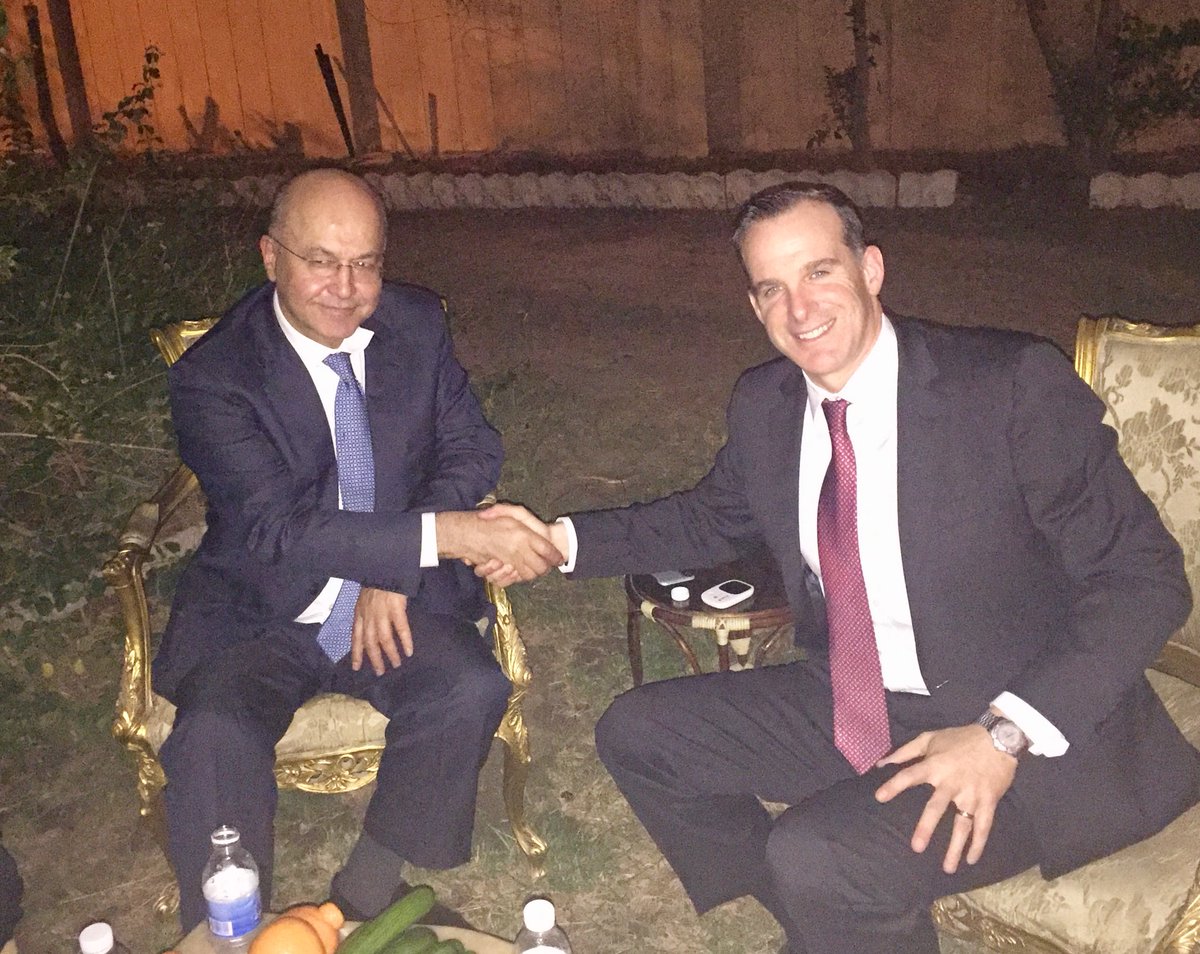

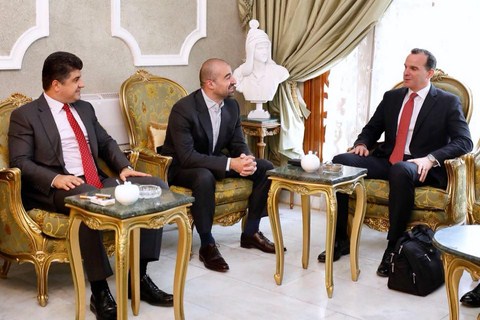
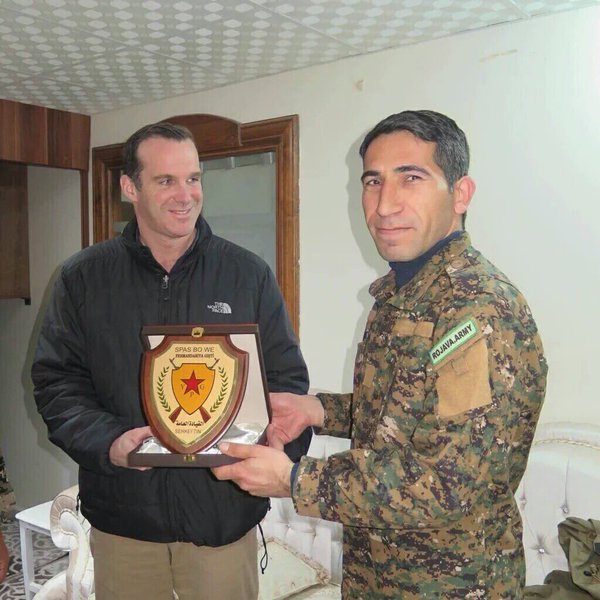
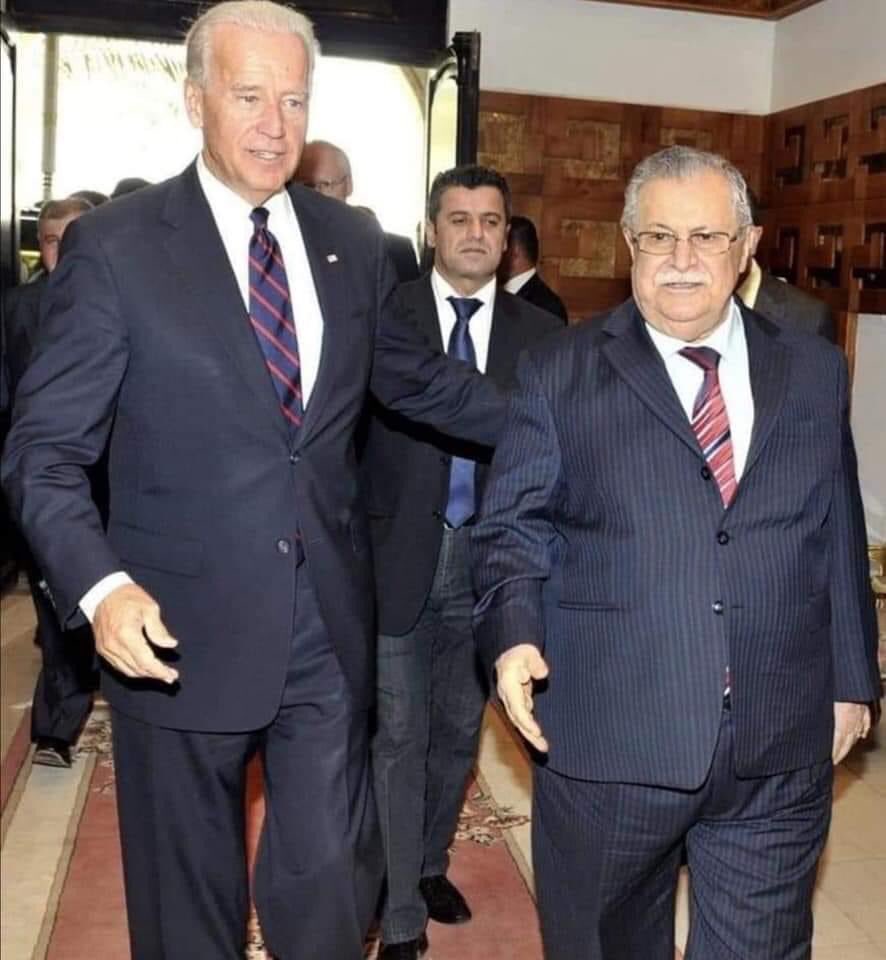

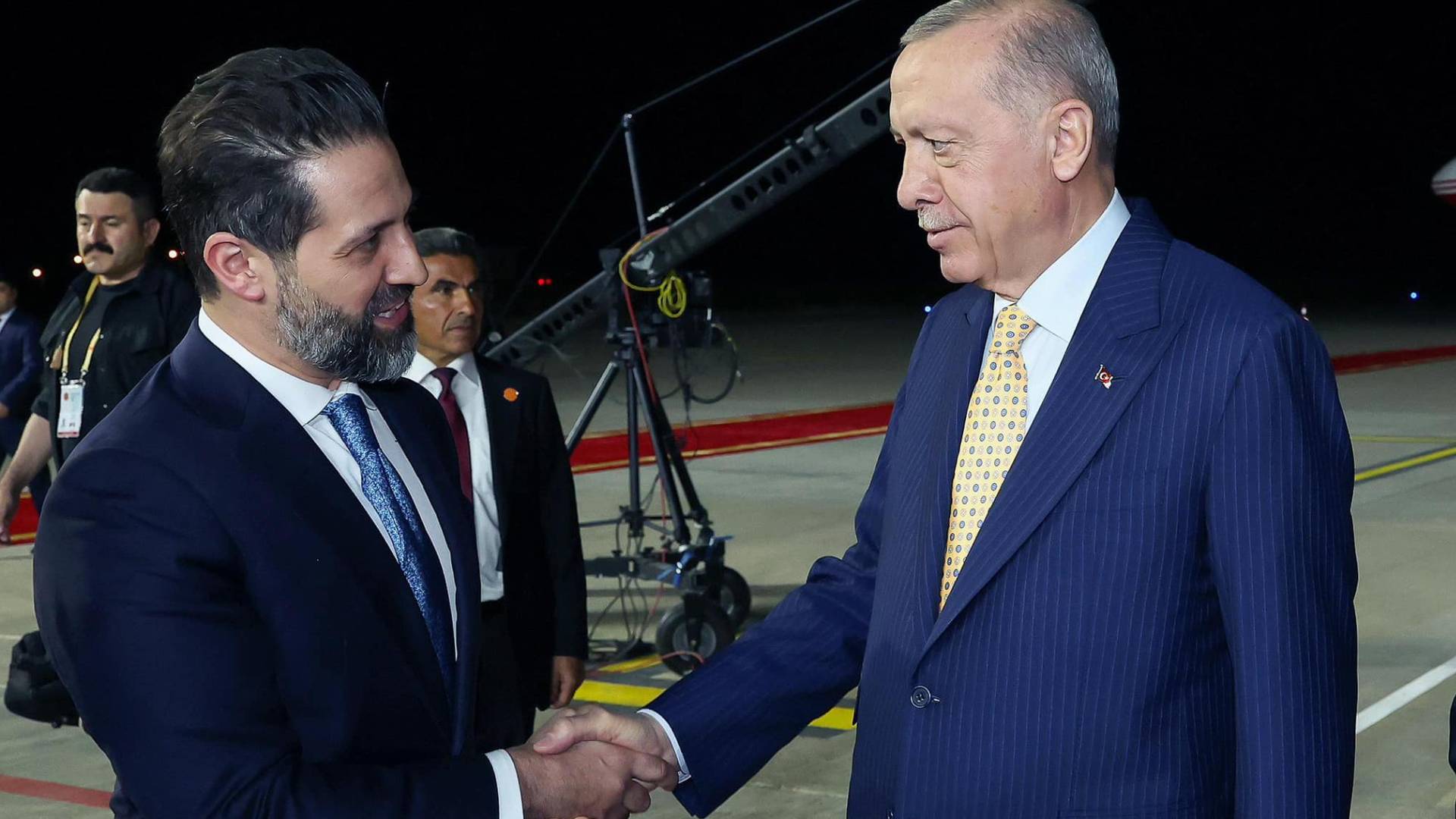
.jpg)
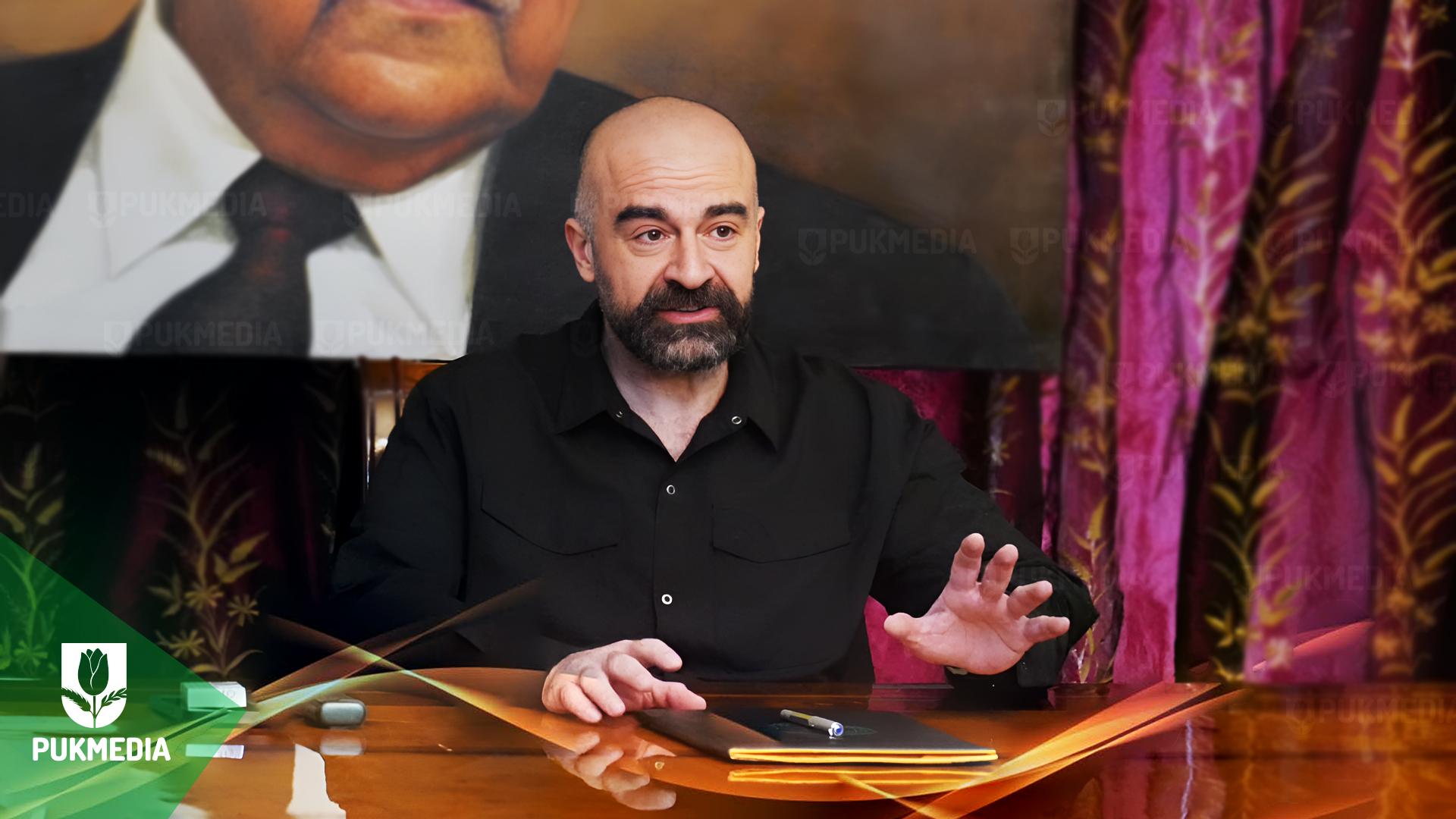
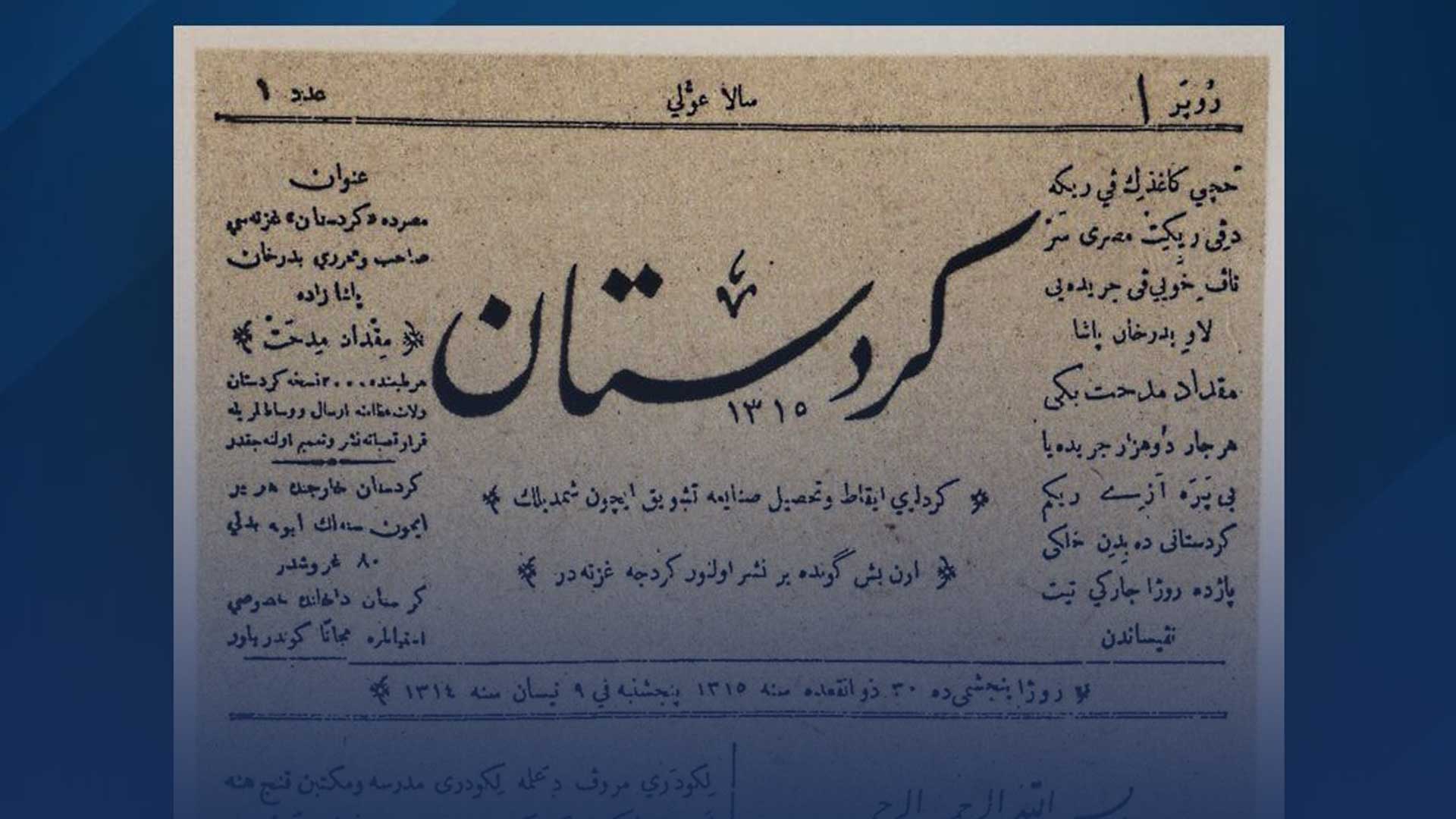
 Application
Application


